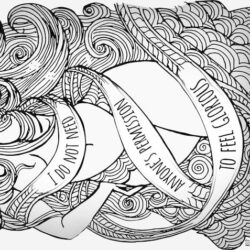You’re probably familiar with these sugar substitutes as the pink and blue packets you find on restaurant tables. You’ll also find these in diet or zero-calorie sodas and sugar-free or “light” foods.
These sweeteners are synthetic, and they are hundreds to thousands of times sweeter than table sugar. The FDA has approved five artificial sweeteners: saccharin, acesulfame, aspartame, neotame, and sucralose. Popular brands are Equal, Nutrasweet, Splenda, and Sweet’N Low.
Pros: Because they’re sugar-free, they’re considered suitable for diabetes. And they don’t give you any empty calories because they are essentially calorie-free.
Cons: There is strong evidence that artificial sweeteners may lead to higher risk of cardiovascular disease. In a 2014 study conducted by the University of Iowa, researchers tracked 60,000 women over 10 years. They found that by the University of Iowa, researchers tracked 60,000 women over 10 years. They found that women who drank two or more diet drinks per day had a 30% higher risk of a cardiovascular disease event. They were also 50% more likely to die from the disease.
And, as counterintuitive as it may seem, studies tell us that people who drink diet sodas are actually more likely to gain weight. In one study, participants who started out at a normal weight and drank 21 diet sodas per week were twice as likely to be overweight or obese eight years later as their non-diet-soda-drinking peers. Some researchers believe this is because the no-calorie sweeteners in diet sodas trick the brain into expecting a “sugar hit.” When the sugar doesn’t come, the brain is stimulated to crave food, thus contributing to overeating and weight gain.

